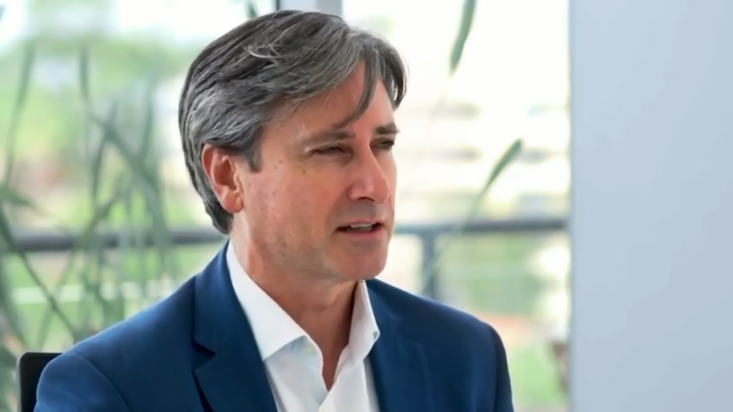Are we there yet? Inflation and interest rates likely to keep rising: Sage Capital
For advisers and investors wondering if the pivot towards central bank-fuelled higher rates and spiralling inflation has reached its zenith, Sage Capital has a sober warning: the upward swing likely has more in it, which will continue to drag on markets for some time yet.
Speaking to advisers at a recent Sage Capital luncheon, the fund manager’s chief executive officer Sean Fenton (pictured) said that while central banks across the world have been running tighter policy “for the first time since the 70s in a really material way”, markets haven’t really pulled back significantly enough to warrant easing conditions yet. There has been some compression, he noted, and bond yields have begin moving towards more historical ranges, but despite the rapidly rising rates the short-term interest rates are still actually falling over the last few years. “You still don’t actually have negative real rates,” Fenton told advisers.
“Yes, the normal cash rate is rapidly rising,” he said, noting that confidence in areas like housing are showing the effects of the greater burden. “But frankly, the rest of the [US] economy is running pretty white hot.”
“Employment is still pretty strong. In the margins you’re seeing some slowdown in hiring intensions, but wages growth is still very strong, the assumptions are strong, company profits are pretty strong,” he continued. “No one’s hurting, nobody’s going ‘wow, my interest bill is so high I’m going to start shedding labour’. Consumers, who’ve largely got 30 year fixed mortgages in the US, aren’t sitting there saying ‘I can’t afford to go spend anymore’; they’re spending.”
Cash rates could actually go “much higher”, Fenton said, with the US government going beyond neutral in its effort to slow down the economy. “It’s too early… I think there’s still double downside risk from further cash rate and tightening.”
What will ameliorate the tight market conditions, he explained, will also hurt businesses and consumers.
“To actually kill inflation [and] kill this dynamic, you actually need unemployment to go up, you need some slack in labour markets to get this nexus between prices and wages broken and inflation under control,” Fenton said. “And when that happens, that’s when the field starts easing. The problem there is you’ve actually caused a recession, you’ve created such pain for corporates, the shedding labour and maybe going bust, plus consumers under more pressure.”
For investors, the message is to be wary of unrestrained spending into a down market that may be far off its journey south.
“So our basic view – without some exogenous deflationary shock that comes and saves us from this dynamic – is that around the world cash rates will move higher, liquidity conditions will be tighter, multiples will be compressed and earnings are going to increasingly come under pressure through next year,” he said. “And that it might not be till 2024 that you actually see a recession.”











